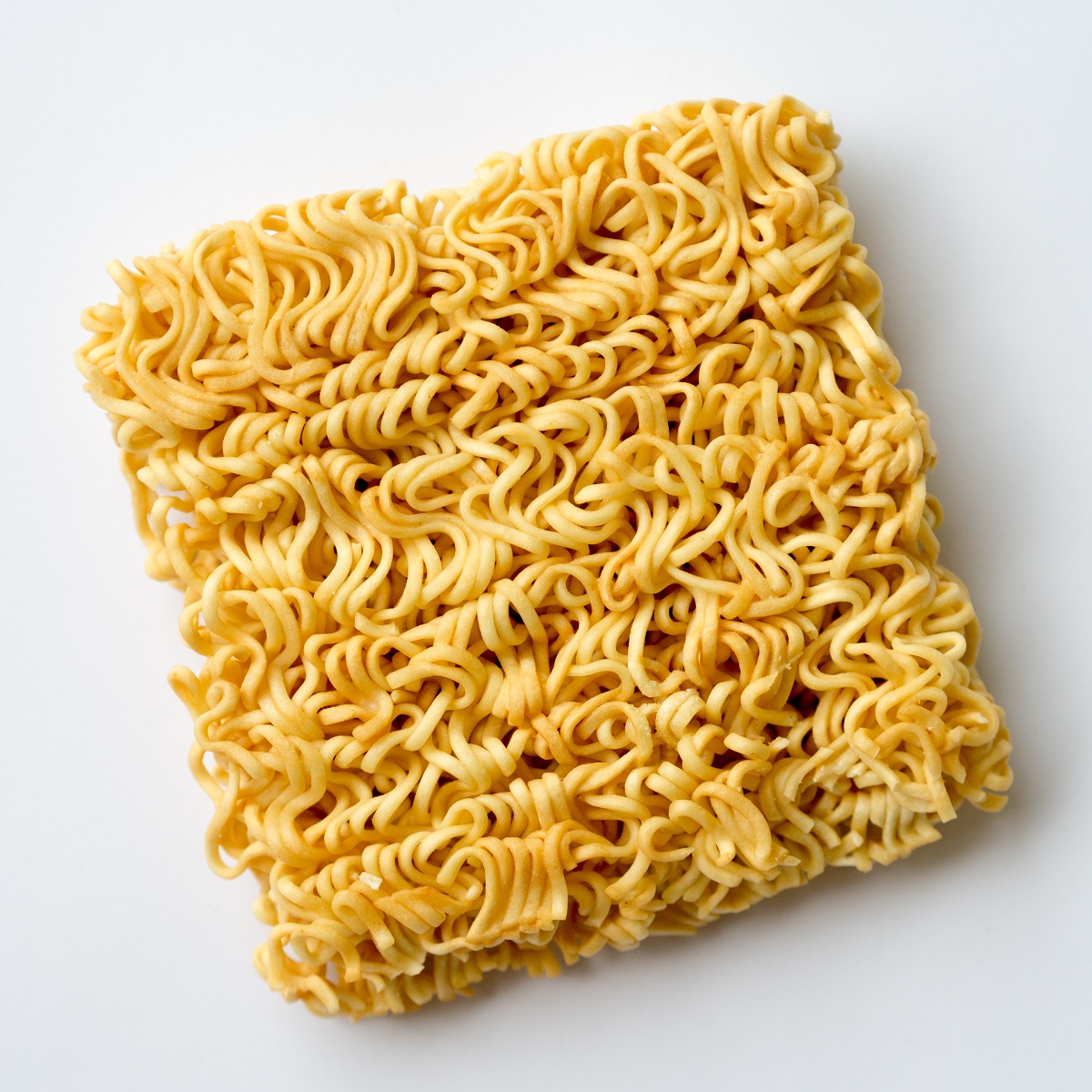High in calories and cheap, instant noodles are a sign of household impoverishment
Becoming increasingly popular in recent years due to inflation, they have spread from Asia to every continent in the world, even high-income countries. In the United States, they have even become the new informal currency of prisons. But among health experts warn that high salt content is a cause for concern.
Tokyo (AsiaNews/Agencies) – If all the instant noodles sold in the world in a year were laid out in line, they would create a giant noodle 6.2 billion kilometres long, a distance greater than that between the Earth and Pluto, this according to the Financial Times.
Created after World War II in Japan to feed a hungry country, instant noodles remain a cheap, quick-to-make, and tasty (albeit high-calorie) ready-to-eat food, traits that have made it popular all over the world.
But for the business newspaper, their success is also a signal of household impoverishment.
According to the World Instant Noodles Association, a record 121 billion servings of noodles were eaten in 2022, about 17 per cent more than in 2018.
In some countries like Nigeria, Bangladesh and Turkey, the increase was far greater, ranging from 53 per cent to 425 per cent.
In Kenya, demand shot up by 160 per cent, from 50 million to 130 million servings. In Colombia it jumped by 150 per cent, and in Egypt by 110 per cent. Even in Japan itself, due to rising inflation, a lot more noodles are being eaten.
In the United States and the United Kingdom, the consumption of instant noodles has increased by 14 per cent in five years, while in US prisons, ready-made packets have replaced cigarettes as the main currency of the informal prison economy. Some research suggests that many prisons provide meals that lack the nutrition needed to sustain an adult.
Even outside of prisons, noodles are considered by American households to be a food product from which to obtain a lot of calories at a low price (packets cost less than a dollar), thanks in part to the ability of manufacturing companies to keep costs low even in times of inflation.
Toyo Suisan and Nissin Foods (whose founder invented the product) hold significant position in a market that analysts say is worth more than US$ 54 billion.
Instant noodles began to become more popular during the pandemic and the ensuing economic crisis, but according to a Nissin spokesperson, this is not a temporary boom.
Both companies have announced plans to build manufacturing capacity in the United States and Mexico by 2025 to meet growing demand.
However, two 70-gram packs contain 2,352 mg of sodium, or 118 per cent of the World Health Organisation's recommended daily intake.
Salt is used in large quantities to improve texture and reduce cooking time, and packets sold in low- and middle-income countries (made not only in Japan) are often even saltier than those sold in high-income nations, raising concern among health experts.







.png)










